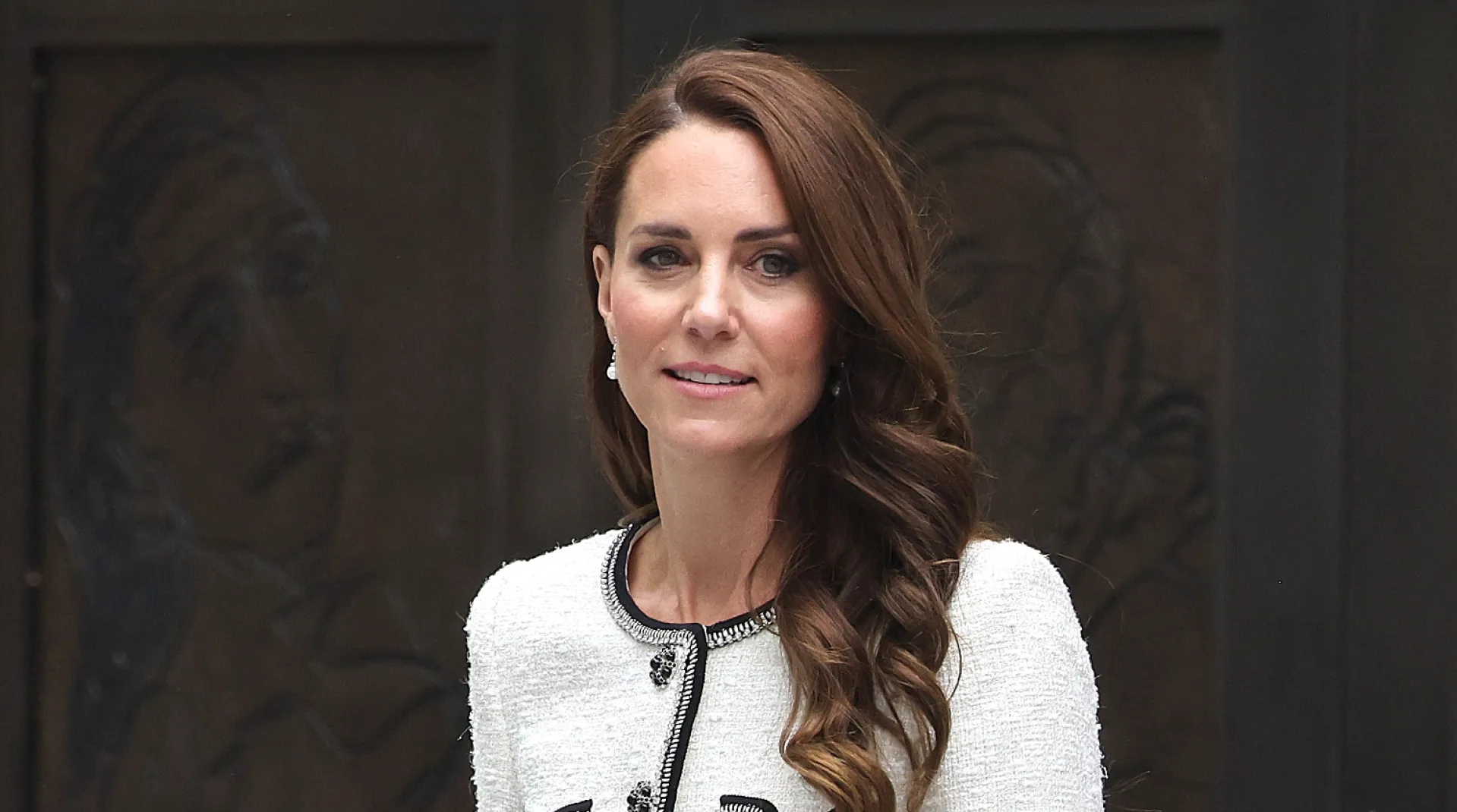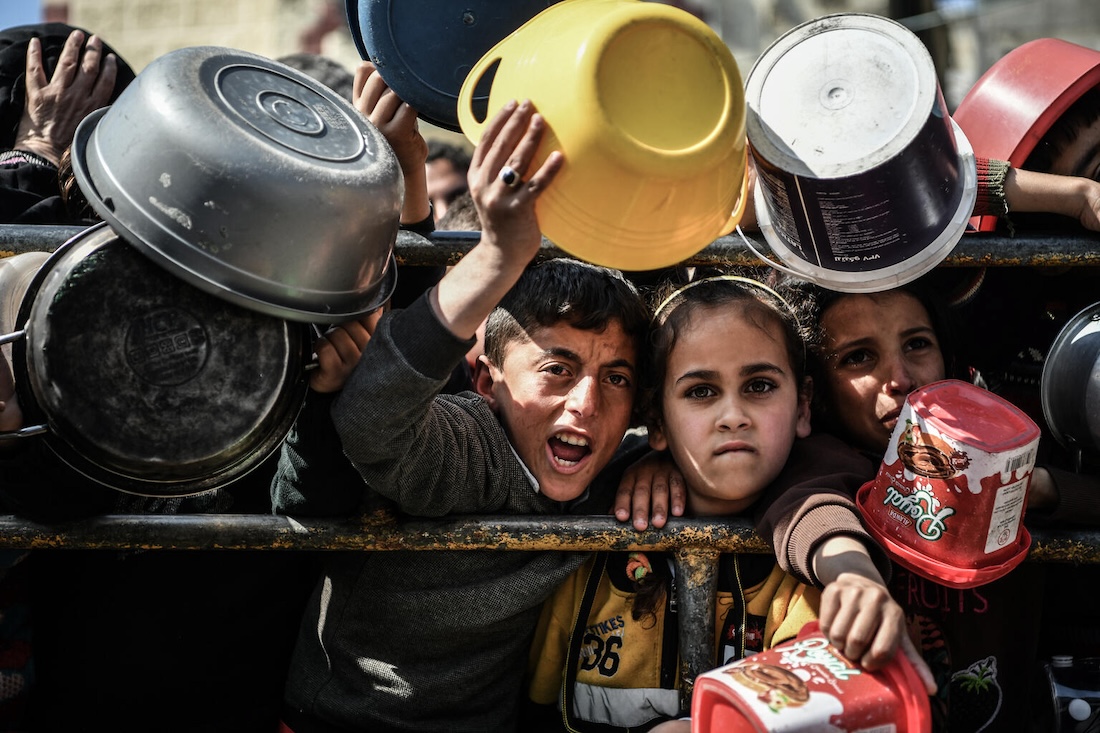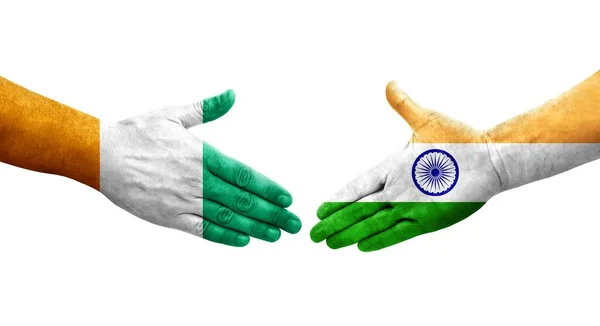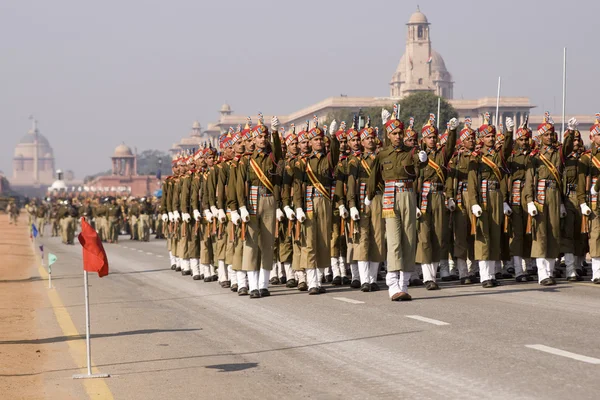Kashmir on Fire: India-Pakistan Military Standoff Alarms the World
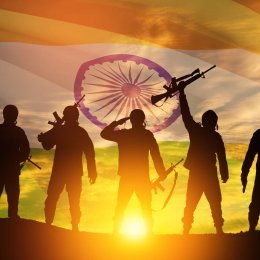
India and Pakistan are on the verge of a full-blown military confrontation following Indian airstrikes on Pakistani territory early Wednesday. In response, Pakistan claimed to have downed five Indian fighter jets and a drone. The strikes come after the deadly April attack in Pahalgam, Kashmir, where 26 Indian tourists were killed—a massacre India blames on Pakistan-based militants, despite denials from Islamabad.
India’s strike, dubbed “Operation Sindoor,” was a targeted campaign aimed at dismantling infrastructure operated by militant groups Lashkar-e-Tayyiba and Jaish-e-Mohammed. Officials stated the operation was precise, avoiding civilian and military targets while striking nine designated sites within a 25-minute timeframe. The operation’s name references the traditional red powder worn by married Hindu women, symbolizing the grief of widows from the massacre.
However, Pakistan’s narrative was starkly different. Pakistani authorities reported 24 strikes across six sites, many of them in civilian zones, including mosques and homes. The attacks reached deep into Punjab province—the farthest Indian military action inside Pakistan since the 1971 war. The death toll stood at 31, including multiple children, with 57 injured.
Pakistani Prime Minister Shehbaz Sharif accused India of violating international norms and called the action an “act of war.” Following an emergency meeting, Sharif stated Pakistan’s military had retaliated and successfully downed Indian Rafale jets—high-value assets in India’s defense arsenal. India has not acknowledged any aircraft losses, but tensions have visibly intensified.
As military engagement flared along the Line of Control, 12 Indian civilians were reported killed due to cross-border shelling. Evacuation orders were issued in several parts of Indian-administered Kashmir, with relief efforts underway to provide displaced residents with essentials such as shelter, food, and healthcare.
Kashmir has long been a flashpoint between the two nuclear-armed nations. Since their partition in 1947, India and Pakistan have fought multiple wars over the region. The recent Pahalgam massacre and subsequent military actions have revived fears of another protracted conflict. Diplomatic relations have quickly unraveled, with both countries revoking visas and severing cooperative agreements.
The international community is on high alert. UN Secretary-General António Guterres issued a plea for restraint, emphasizing the global danger posed by escalation between two nuclear powers. The U.S., UAE, China, and Japan also urged both sides to de-escalate. India reportedly briefed key allies, including Russia and the U.K., in a bid to justify its actions and stabilize diplomatic fallout.
What's Your Reaction?














